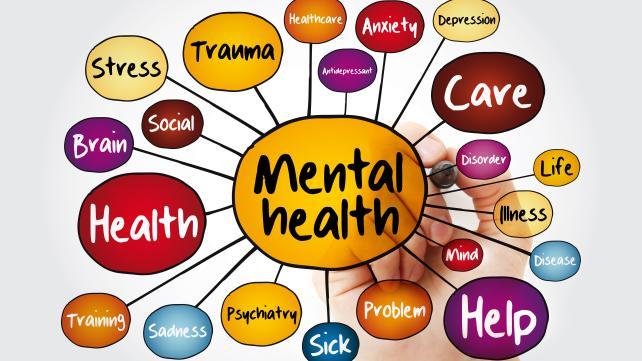We often talk about health in terms of what we can see—broken bones, fevers, or physical injuries. But what about the wounds that aren’t visible? Mental health, though equally important, often takes a backseat in conversations about well-being. Why is that?
One reason is stigma. For years, society has treated mental health struggles as weaknesses rather than valid health concerns. Phrases like “toughen up” or “it’s all in your head” only deepen the shame, making it harder for people to seek help.
Yet, mental health affects everything: how we think, feel, and interact with the world. Anxiety, depression, and burnout don’t just impact the individual—they ripple into families, workplaces, and communities. Ignoring mental health isn’t just harmful—it’s costly.
The good news is that awareness is growing. Conversations about mental health are becoming more mainstream, with public figures sharing their struggles and advocating for change. But awareness alone isn’t enough. We need action.
This means investing in mental health services, creating safe spaces for open dialogue, and normalizing seeking help. It means showing compassion, not judgment, to those who are struggling.
Remember, asking for help is a sign of strength, not weakness. Mental health is health. Let’s treat it that way.




